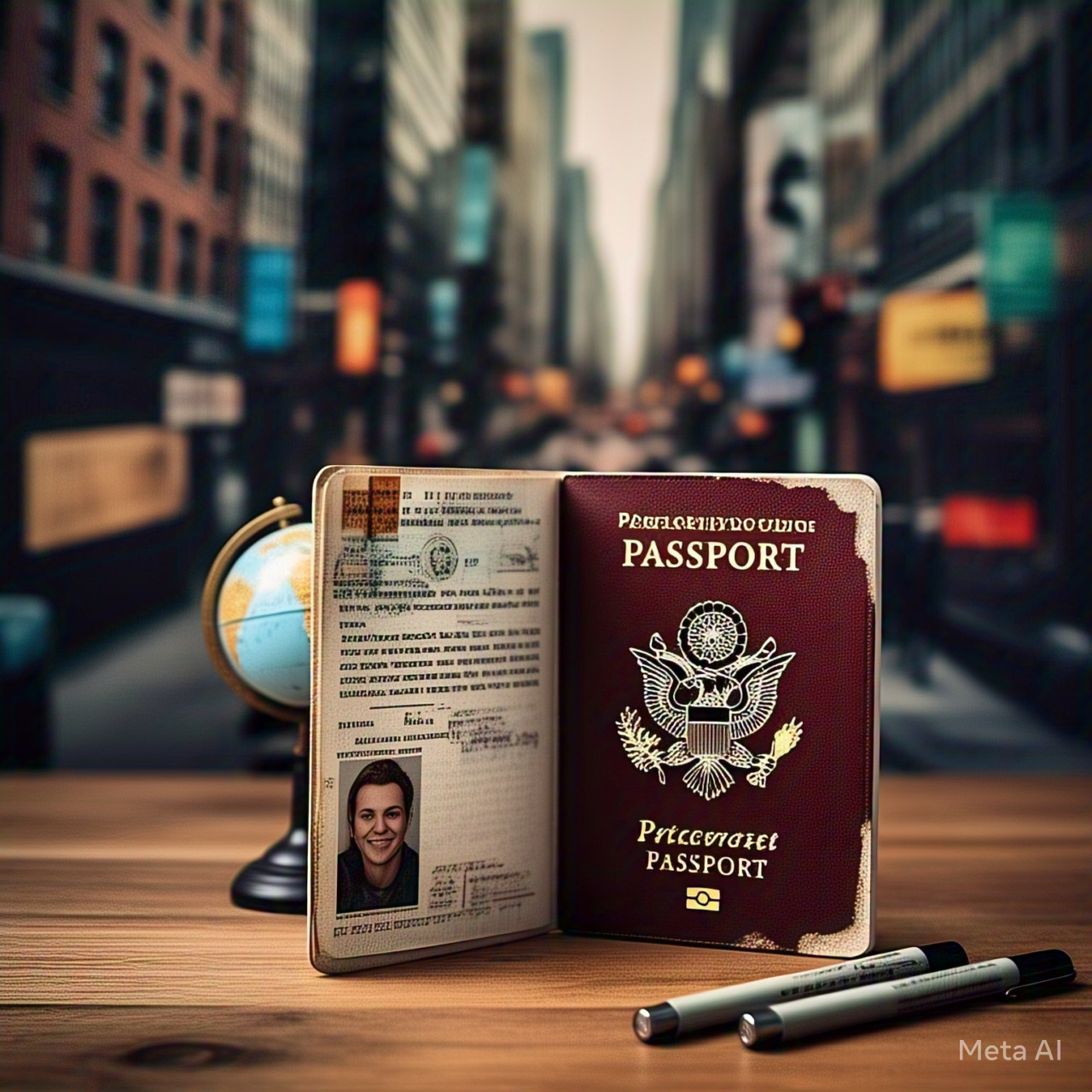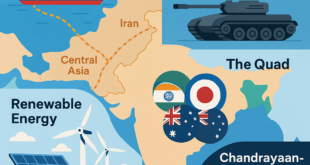The power to revoke a person’s citizenship is one of the most serious decisions a government can make.
In Australia, this power has been a topic of controversy, especially when it is placed in the hands of politicians rather than the judicial system.
While national security is a legitimate concern, allowing politicians to unilaterally strip individuals of their citizenship raises significant legal, ethical, and democratic issues.
1. The Risk of Political Abuse
Politicians operate within a system driven by political agendas, public opinion, and electoral considerations. If they have the power to cancel citizenship, there is a risk that decisions will be made based on political convenience rather than fairness and justice.
This could lead to selective or discriminatory enforcement, where some individuals are targeted more harshly than others due to their political affiliations, religious beliefs, or ethnic backgrounds.
Recent cases have shown that citizenship revocation powers can be used in ways that appear politically motivated. In a democracy, the law should apply equally to all citizens, and no government should have the ability to single out individuals for punishment without due process.
2. Violation of Due Process and Rule of Law
A fundamental principle of democracy is that legal decisions—especially those as serious as revoking citizenship—should be made by an independent judiciary, not politicians.
The right to citizenship is a legal matter, and any challenge to it should be subject to transparent legal proceedings, where evidence is examined and decisions are made impartially.
When politicians are given the power to cancel citizenship, it undermines the rule of law and removes key legal safeguards.
Individuals may be stripped of their rights without a fair trial or the ability to properly defend themselves.
This creates a dangerous precedent where governments can use citizenship revocation as a tool to silence dissent or punish individuals without proper legal scrutiny.
3. Creating Stateless Individuals
If a person is stripped of their Australian citizenship, they could become stateless if they do not hold another nationality. International law strongly discourages making individuals stateless, as it leaves them without the protection of any country
Stateless individuals often face severe hardships, including the inability to travel, work legally, or access basic rights. Australia has international obligations under treaties like the
1954 Convention Relating to the Status of Stateless Persons, which seeks to protect people from statelessness.
Allowing politicians to revoke citizenship increases the risk of violating these commitments and harming individuals who may not have alternative legal protections.
4. National Security Concerns Should Be Managed by the Courts
One of the main justifications for giving politicians the power to cancel citizenship is national security. The argument is that individuals involved in terrorism or serious crimes should not retain the rights of Australian citizens.
While national security is crucial, it should not come at the cost of fundamental legal principles.
Courts are well-equipped to handle national security cases. They can review evidence, assess threats, and ensure fair procedures.
If someone has committed a crime, they should be prosecuted under the legal system rather than having their citizenship revoked by political decree.
Using existing legal frameworks, such as anti-terror laws and criminal trials, ensures justice is served without undermining democratic values.
The Slippery Slope: Who’s Next?
Granting politicians the power to revoke citizenship opens the door to broader abuses.
Initially, such laws may target individuals accused of terrorism, but over time, they could be expanded to include other groups deemed undesirable by the government. History has shown that once a government acquires sweeping powers, it often finds new ways to use them.
For example,
if citizenship can be revoked for terrorism, could it later be extended to people accused of treason, sedition, or even severe political dissent?
Could dual citizens face a greater risk of losing their Australian nationality than others?
These concerns highlight why legal safeguards must remain strong and why politicians should not have unchecked power in such matters.
Citizenship is a Right, Not a Privilege
Australian citizenship is not just a piece of paper—it represents a fundamental connection to the nation and comes with legal rights and responsibilities.
Stripping someone of their citizenship is a decision that should be made through a fair and transparent legal process, not at the discretion of politicians.
To protect democracy, uphold the rule of law, and prevent political abuses, the power to revoke citizenship should rest with the judiciary, not with elected officials.
A fair legal process ensures that individuals receive justice, national security is maintained, and Australia remains a nation that values rights and freedoms over political convenience.
 Top Trends Blogs
Top Trends Blogs




